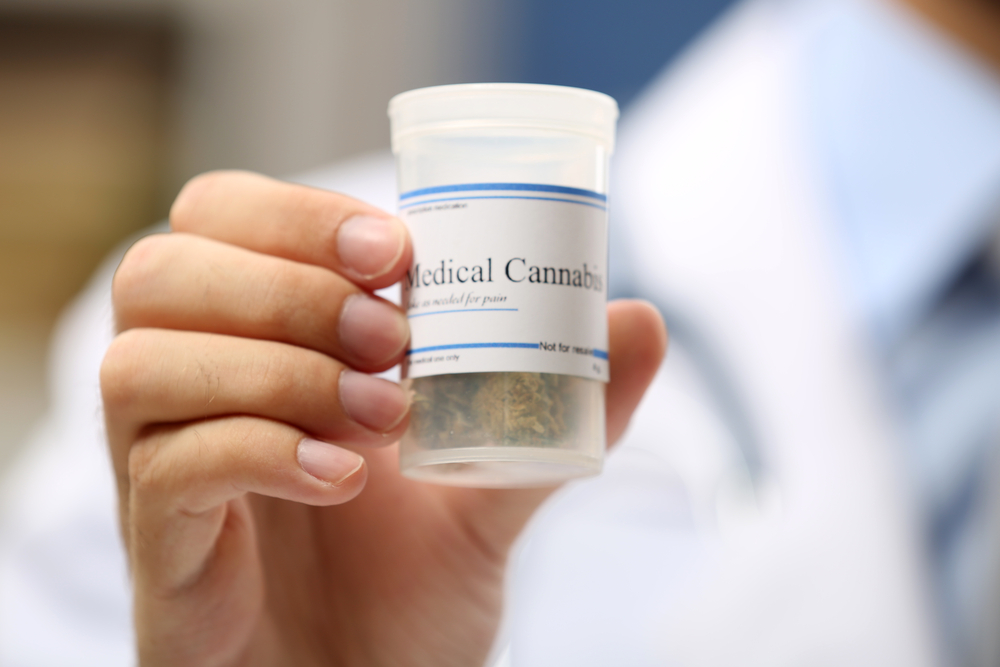
A new community program in upstate New York is attempting to detect and intervene on early drug use in teenagers by offering free drug tests to parents who are suspicious of their children.
First Step, the name of the new program, is sponsored by Broome County’s District Attorney Steve Cornwell of New York, who also backed Operation SAFE, another program which aims to reduce crime associated with heroin use by funneling drug users into treatment facilities, much like the Gloucester model.
Catching drug addicts early could help law enforcement prevent other crimes that are committed by people trying to support their habit, Cornwell said at a news conference last week. “We’re seeing seventh- and eighth-graders now using heroin, so we need to get into the schools … and be more proactive with everything,” he added.
“You don’t have to wait until your son or daughter is a full-blown addict [to get help].”
Without appointment and at no cost to the parent, tests can be performed as many times as the family deems necessary. The tests will be sent out to labs across the country and results will be available within 24 hours, according to Cornwell. If the test comes back positive, a social worker can be deployed to counsel families.
After a positive drug test, users will be referred to local counselors and treatment facilities, or to Operation SAFE, Cornwell said.
Drug testing in schools and at home has yielded mixed results. In a 2013 study of both middle and high school drug testing, the authors noted that testing was associated with moderately lower marijuana use, but was also associated with higher use of other illicit drugs. A 2012 study funded by NIDA found little empirical evidence in support of the efficacy of random student drug testing in schools. Systemic analyses of the literature led NIDA to state that “Drug testing should never be undertaken as a stand-alone response to a drug problem.”
Others take a harder stance against drug testing young adults both at home and in schools. “I don’t recommend that parents ever use home drug tests,” Sharon Levy, a pediatrician and director of the Adolescent Substance Abuse Program at Children’s Hospital Boston, told U.S. News & World Report in 2008.
While the tests are often billed as preventive, Levy added that there’s no evidence that they actually keep kids away from drugs.
Many are pleased to see that young people using drugs is becoming less taboo in certain communities, but others are worried that putting in place reactionary policies without testing them may do more harm than good.
